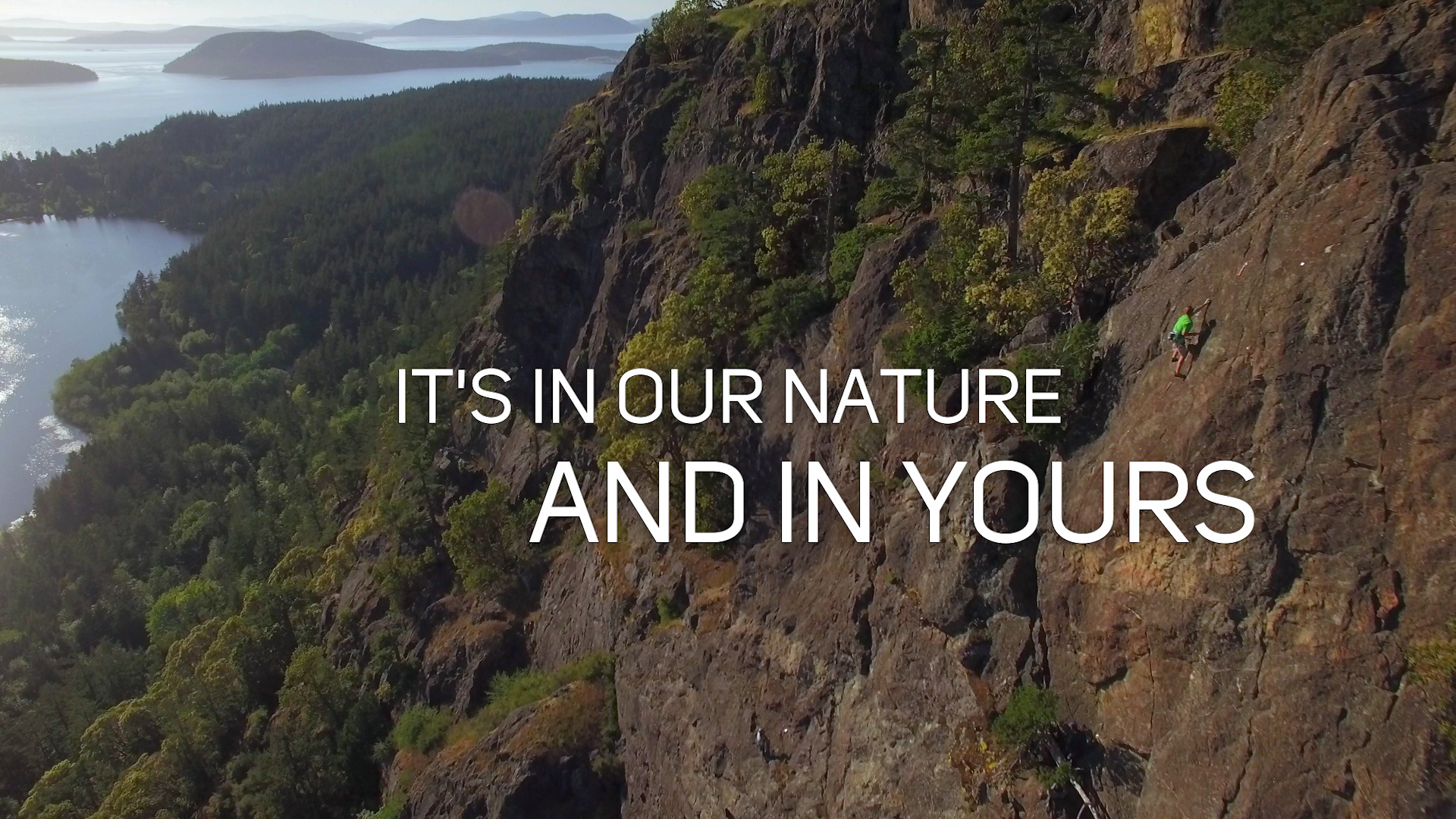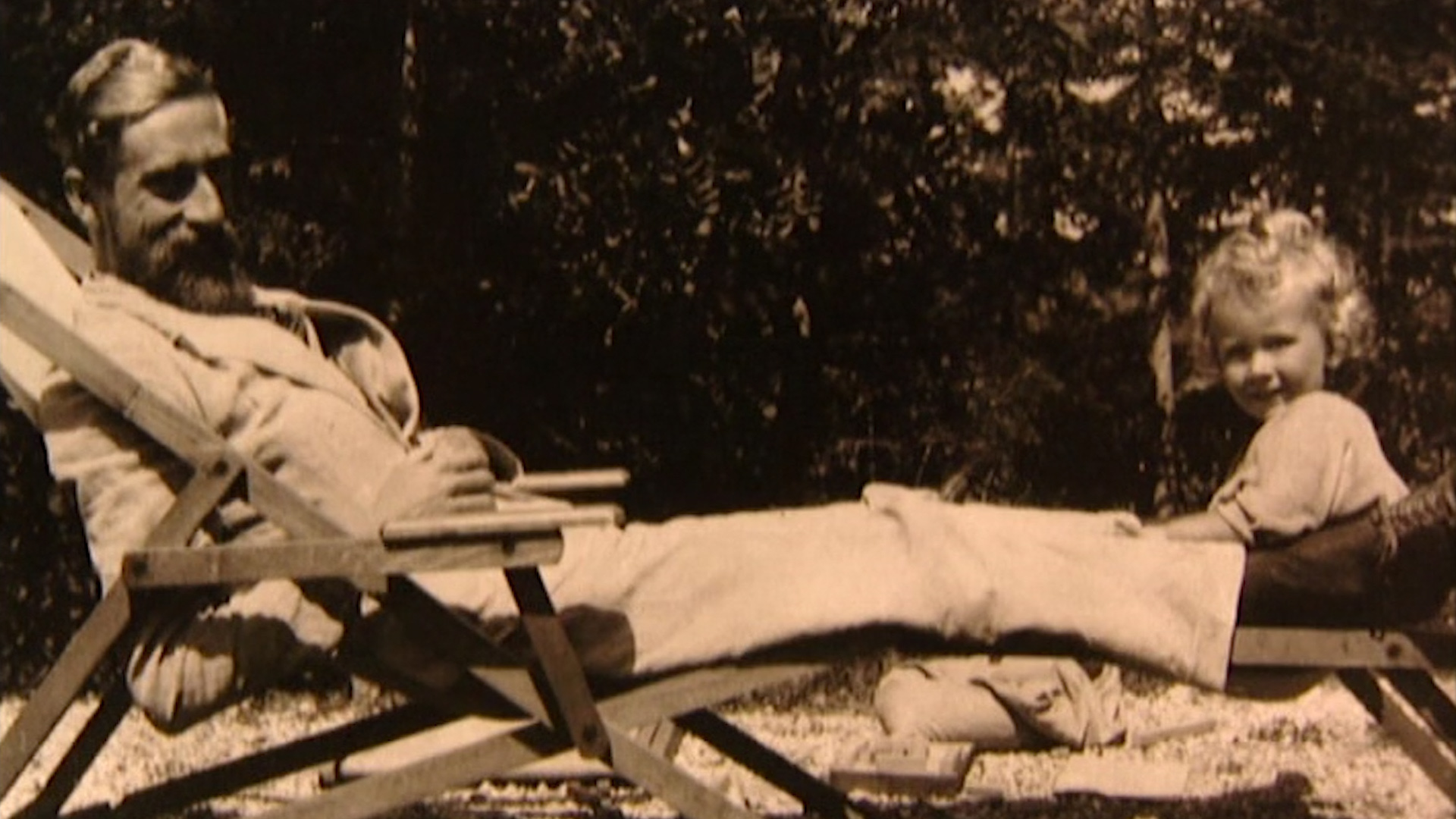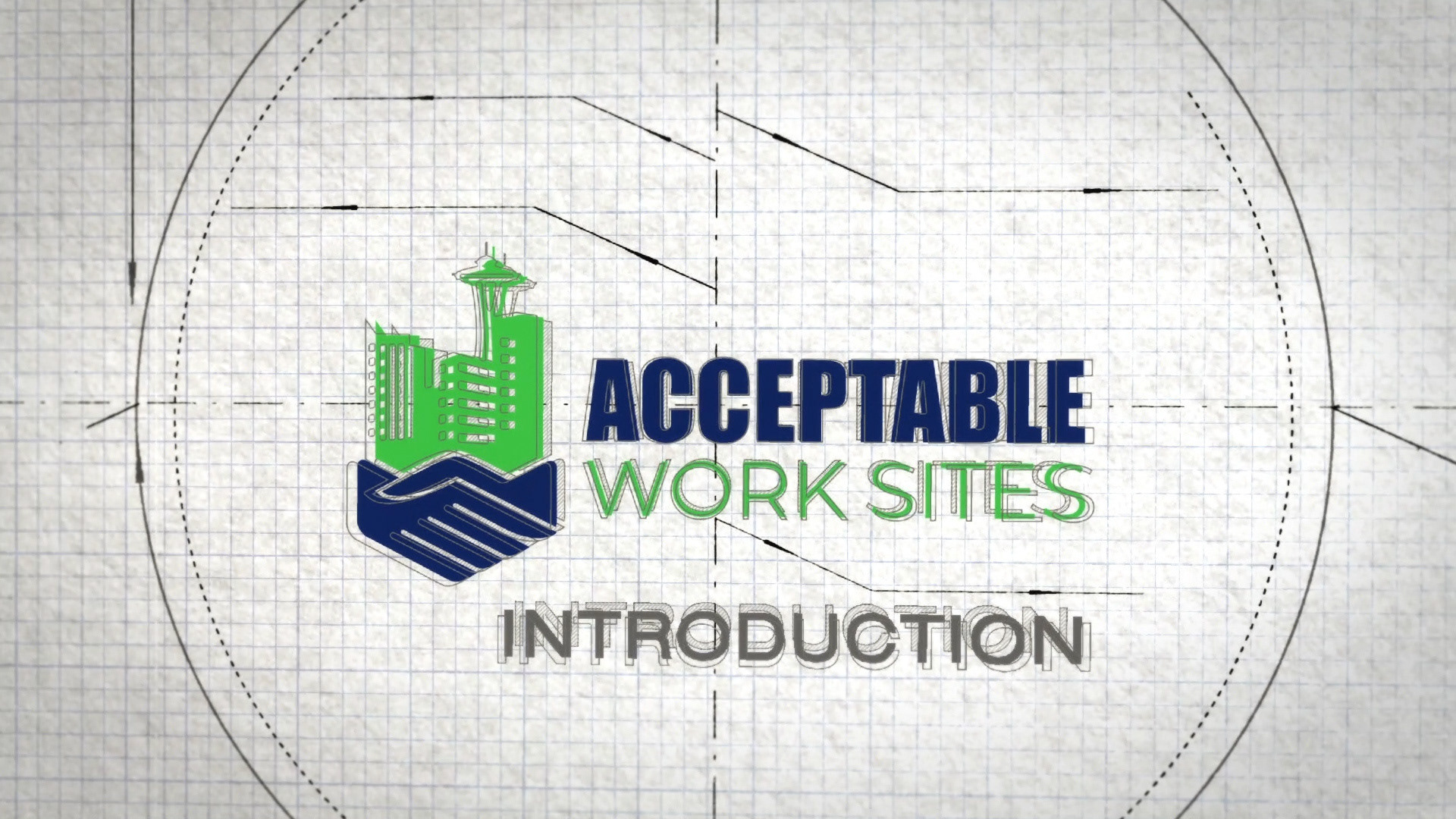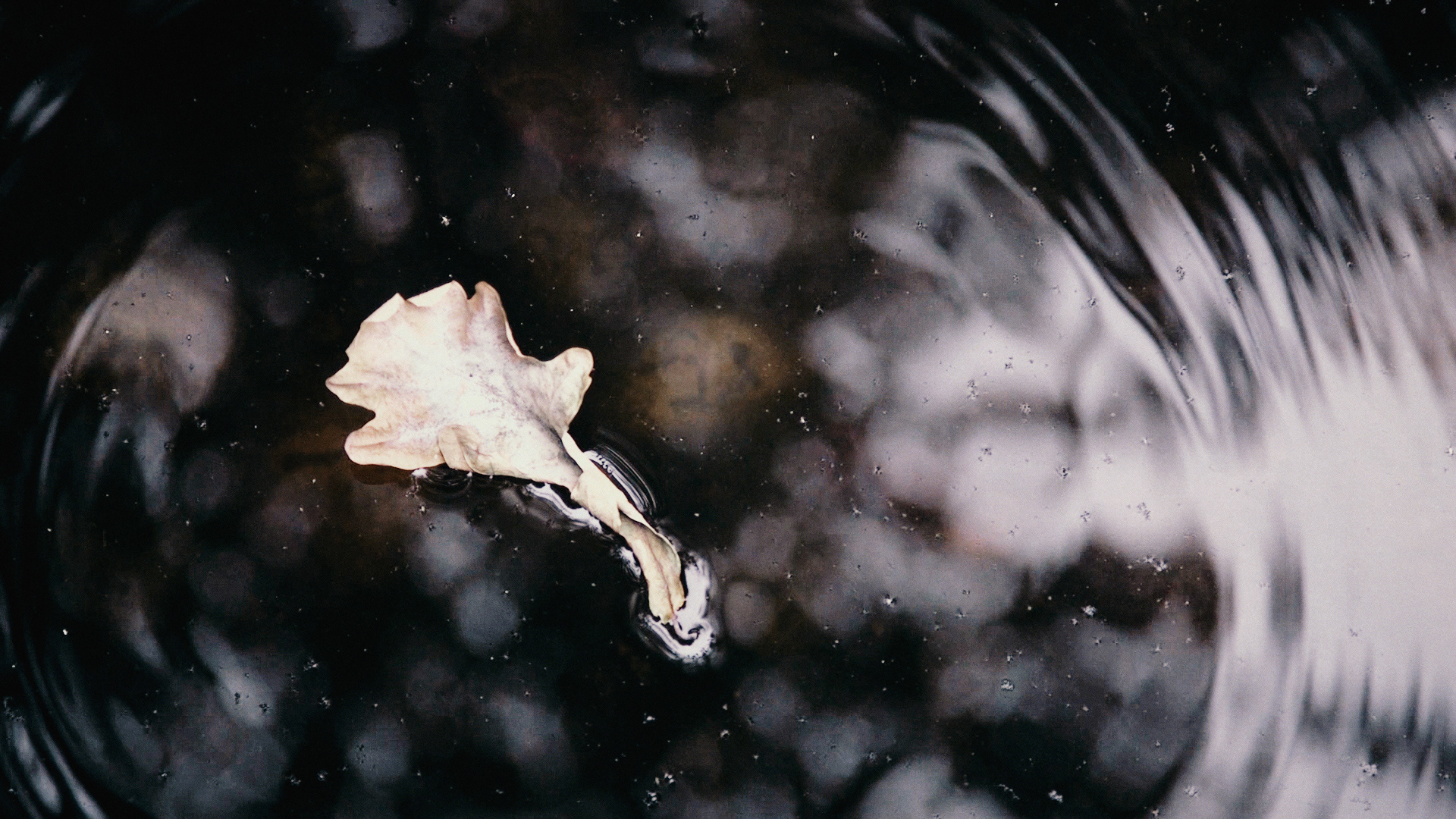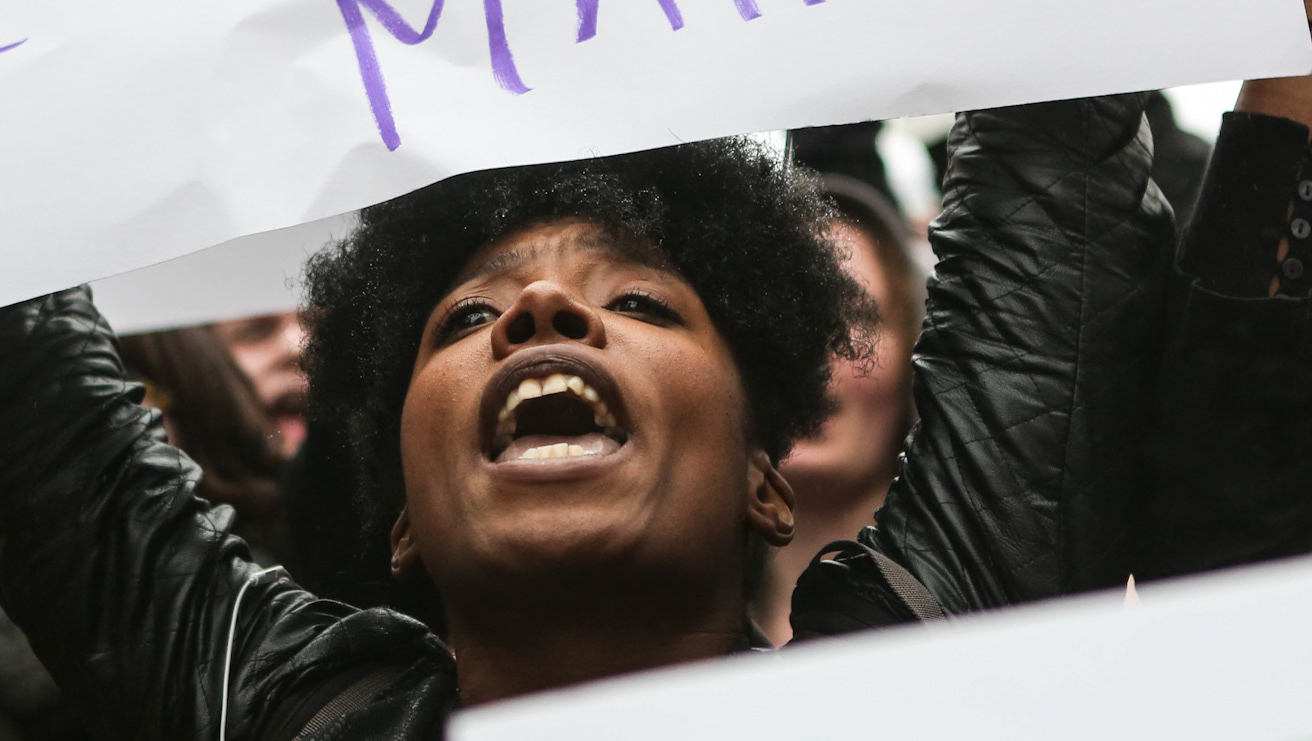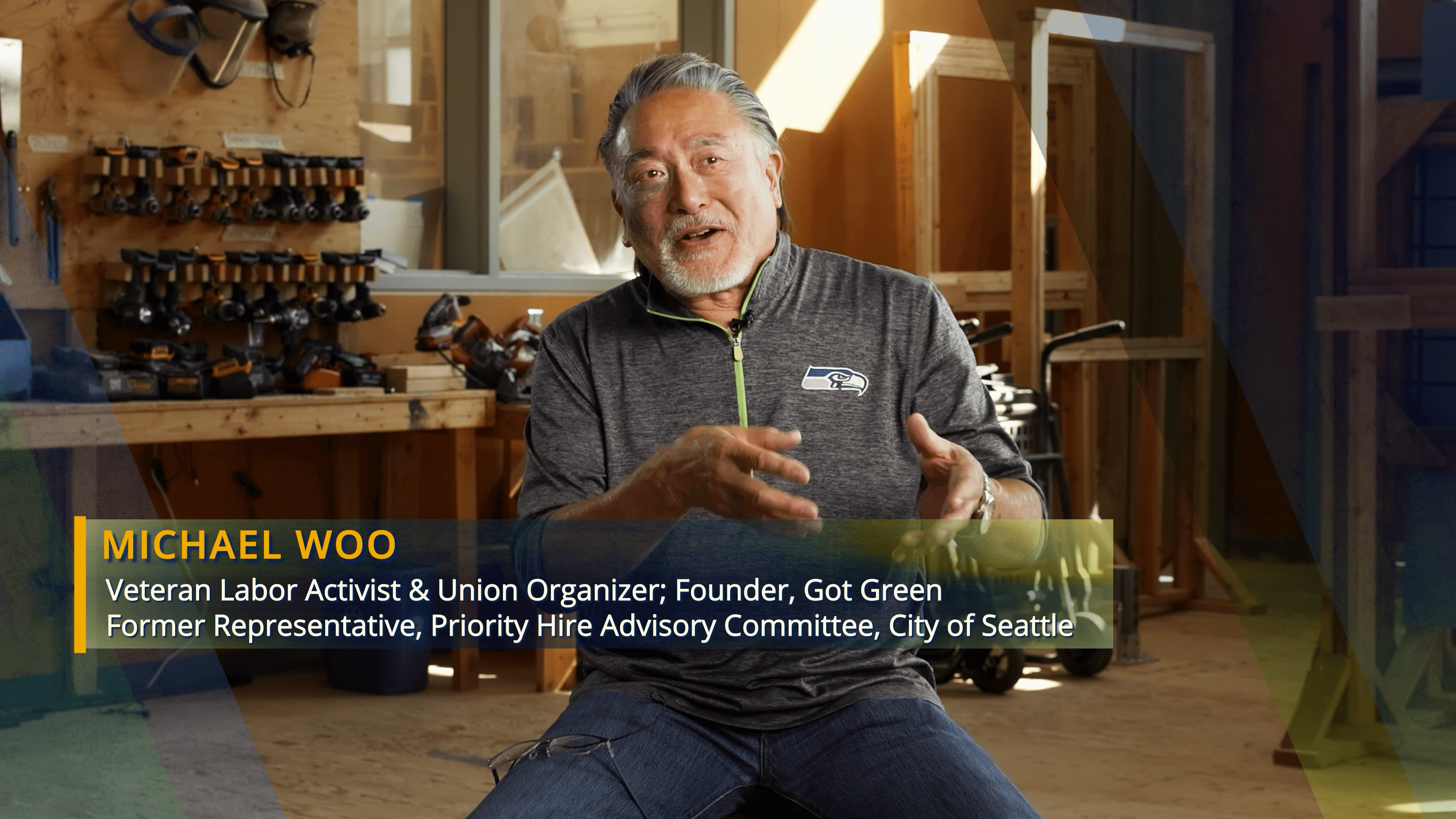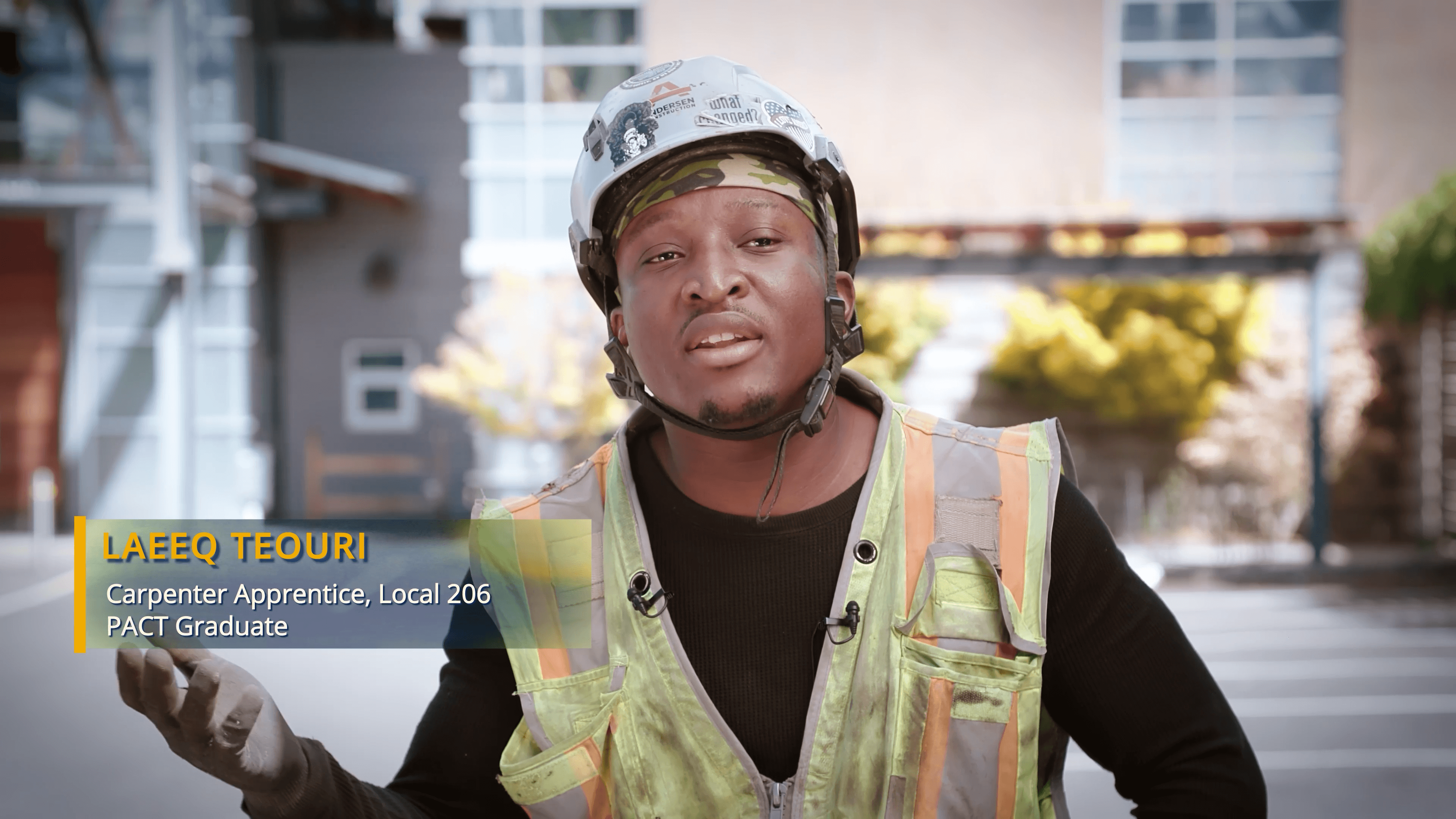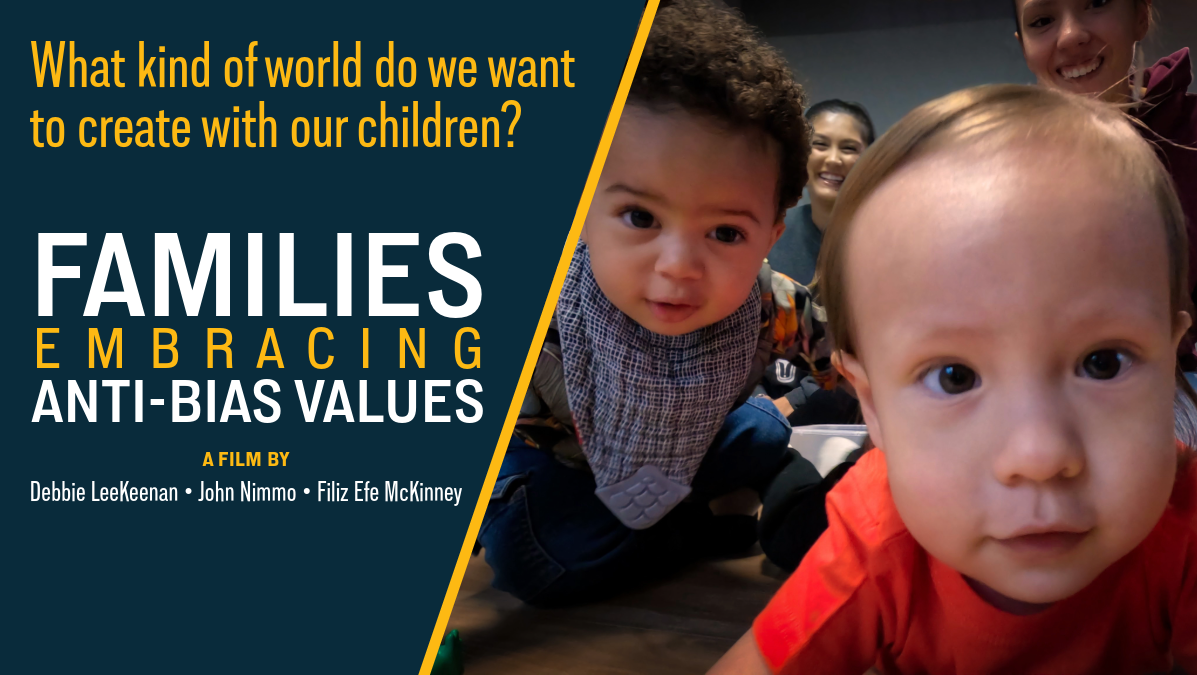Director's Statement:
As an immigrant, woman filmmaker, I’m personally invested in the topics of cultural identity, diversity, and equity. Having grown up halfway across the world, I have daily reminders that I’m not from around here, so I’m familiar with feeling like “the other”. This is one of the key motivators for putting social justice at the heart of what I do. And, the empathy I’ve developed through that experience informs the emotional core of my work. I want my films to be a provocation for critical thinking about our shared responsibility to make positive change. More importantly, I want my films to help start a conversation.
So, when the Producers
Debbie LeeKeenan and
John Nimmo approached me about making an anti-bias education film, I was on board immediately. As excited as I was about the topic, I was even more excited about the approach. We all agreed that we wanted to avoid presenting voices of authority and really lean into an authentic representation of how teachers were weaving anti-bias techniques into their daily work. This focus on authenticity was our north star and informed every decision we made. A big part of this was demystifying our filmmaking process for both the children and the adults. By being open about what we were doing, and giving everyone a peek at how we were doing it, they were able to get comfortable around the camera on our first day of filming. Which is how we were able to capture their authentic selves.
We started out with a well-established theoretical framework, but because we had adopted a documentary approach, I had to build a production plan without a predefined script. Instead, Debbie and John would take notes during filming and distill them into key messages. It was up to me to find ways to translate those messages into a series of vignettes based on individual classroom activities. It was a scary creative process. But, by treating specific scenes somewhat independently, I was able to experiment and even gave myself the freedom to fail at the small scale. Our collaborative approach passed the test when I edited together the first vignette. We all breathed a sigh of relief as our path forward became clear.
The film’s central question is “Why place equity and diversity at the heart of what you do?” And, early in the film, teacher Veronica Reynoso responds by stating that building a vision for the future starts from an exploration of the self and asks, "What kind of human do you want to be?" We never give a pat answer or a simple checklist for either question. There simply isn’t one. Instead, we present a guiding framework for exploring those questions through conversation and daily activities. Our goal is to incite you to answer them yourself and to spark a conversation within your community that extends well past the credits. We hope that our film can help guide this exploration.
So, what kind of human do you want to be?
Filiz Efe McKinney
